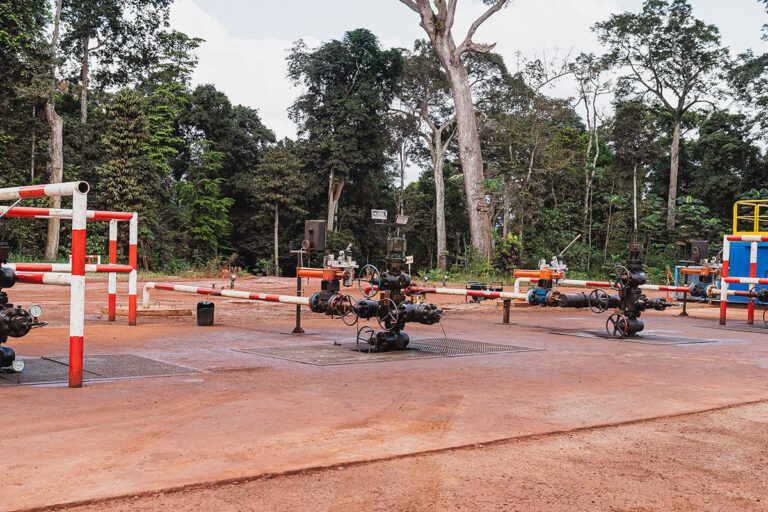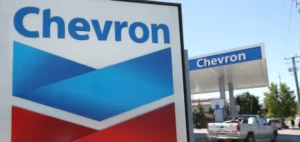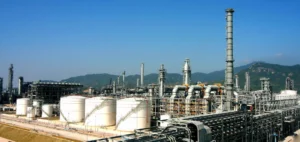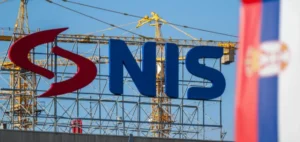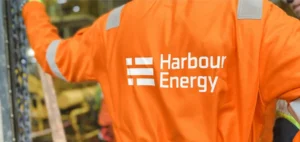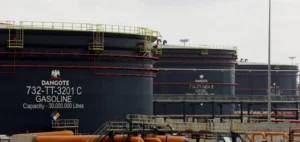On December 28, Corcel announced encouraging drilling results for Block KON-11 in Angola’s Kwanza Basin. The Tobias-14 (TO-14) and TO-13 wells confirmed the presence of oil, marking a decisive step towards the resumption of production in this region, which has been inactive since the 1990s.
Partnerships and Block Potential
Corcel holds a 20% interest in Block KON-11 through its 90% stake in Atlas Petroleum Exploration. Sonangol, the state-owned oil company, is the operator with 30%, alongside Brite’s Oil and Gas (25%), Grupo Simples (20%) and Omega Risk Solutions (5%). Promising drilling results indicate significant potential for restarting production.
Modern Technology and Production Perspectives
The TO-14 well was drilled to a depth of 781 metres, close to the former TO-4 well, which previously produced 12,580 b/d of crude. Corcel and Sonangol plan to use modern drilling technologies, such as deviated and horizontal drilling, to increase production. The field could contain 65 million barrels of unproduced prospective oil resources.
Impact on Angolan oil production
The resumption of production in the KON-11 block comes at a time when Angola is seeking to boost its production after years of decline caused by under-investment in mature fields and low exploration activity. Production could begin as early as the second quarter of 2024.
The resumption of oil production in Angola’s Kwanza Basin represents a major development for the country’s energy sector. With the use of modern technologies and the confirmation of significant reserves, this project could play a key role in revitalizing Angola’s oil industry.


